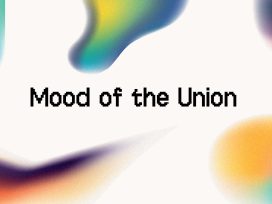Eurozine looks into the political, social and cultural factors that define the war on Ukraine, from Russia’s neo-imperialist aspirations and the concept of culpability to artists at the forefront of Ukrainian resistance.
This focal point is supported by the C.H.Beck Verlag.
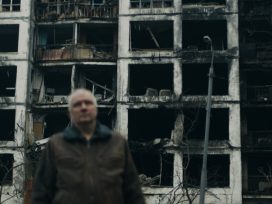
In collaboration with
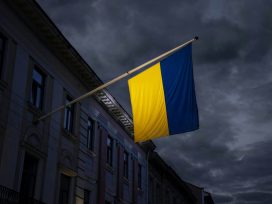
A large part of the western Left, focused on NATO and the USA, failed to see Russian aggression. Of course, the war on terror needs to be brought into the discussion – but critique of liberal internationalism cannot add up to support for the ‘spheres of interest’ doctrine.
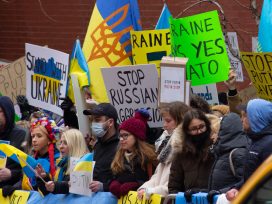
A plea from Kyiv
Ukraine stands alone against Russia's attack
Putin’s autocracy has a reason to be afraid of its smaller neighbour: a working democracy always threatens a tyrant. Supporting Ukrainians’ fight for self-determination is not only a moral obligation, but an existential question for the democratic world.
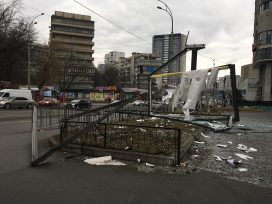
Driven by imperial fantasies, historical nostalgia and resentment towards the West, Putin has plunged both Ukraine and his own country into the nightmare of fratricidal war.
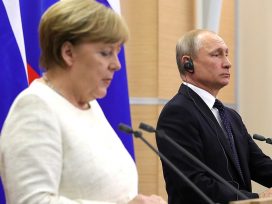
The Russian invasion of Ukraine shows just how misguided German Ostpolitik has been over the last two decades. Even after 2014, when it was clear that economic rapprochement had brought no normative changes to Russian policy, Germany went ahead with Nord Stream 2.
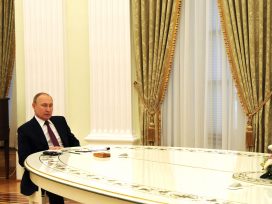
It was only after the annexation of Crimea in 2014 that NATO broke off cooperation with Russia. Until then, Ukrainians themselves were largely against NATO membership. To frame NATO as a security threat to Russia caters to Kremlin propaganda.
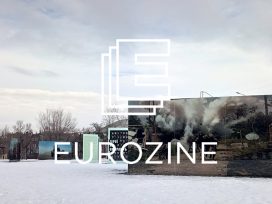
Amidst the geopolitics, Ukraine lacks a sense of agency, observe two leading journalists of the Euromaidan generation. But cultivating confidence is difficult when journalism itself seems to have lost its bearings.

